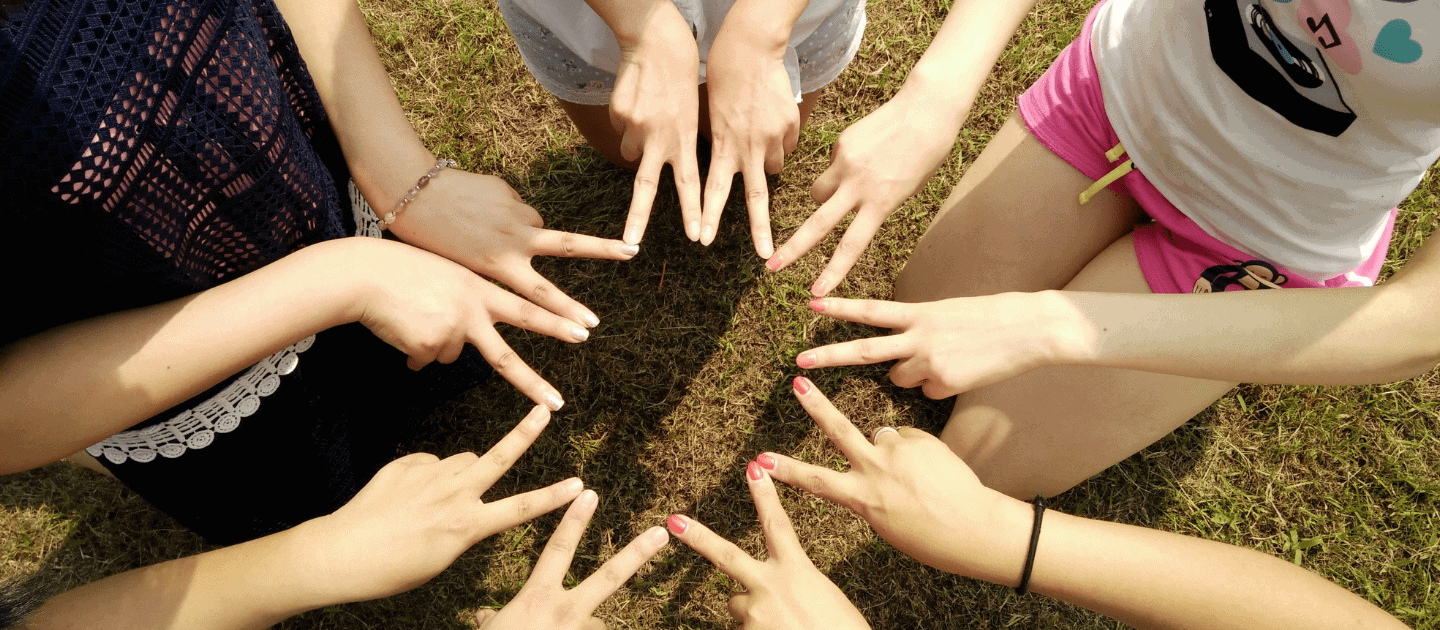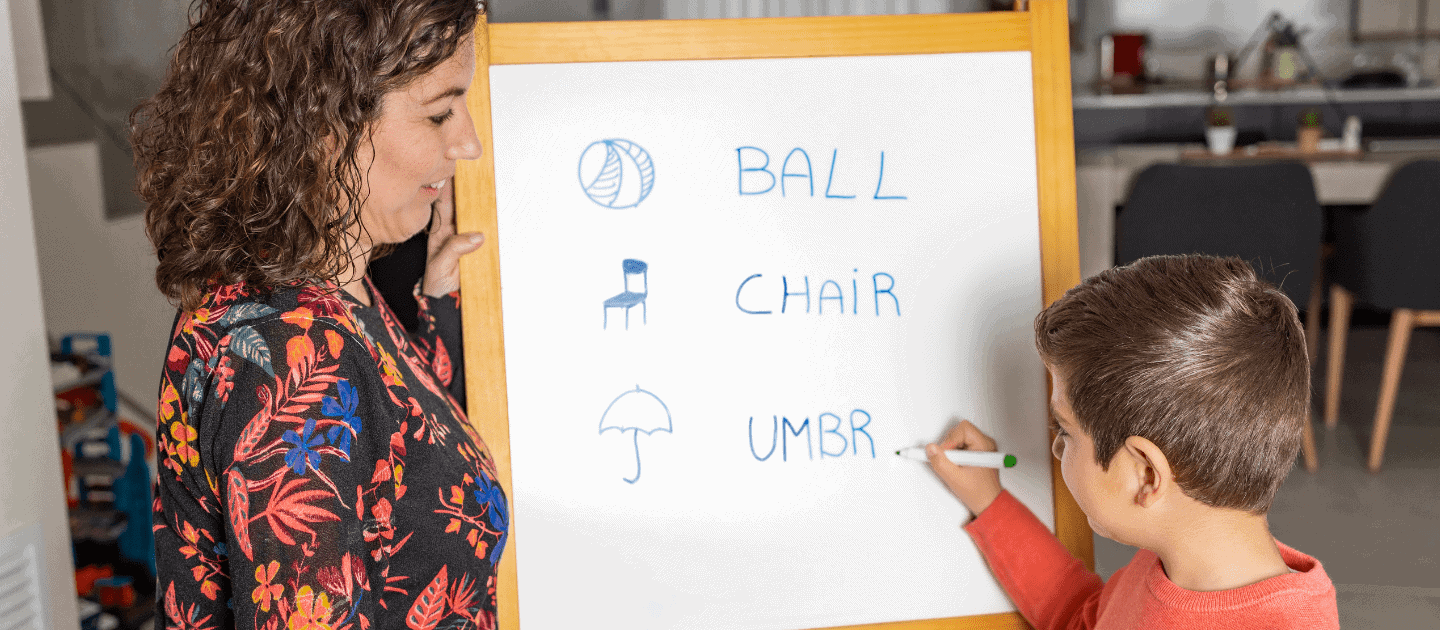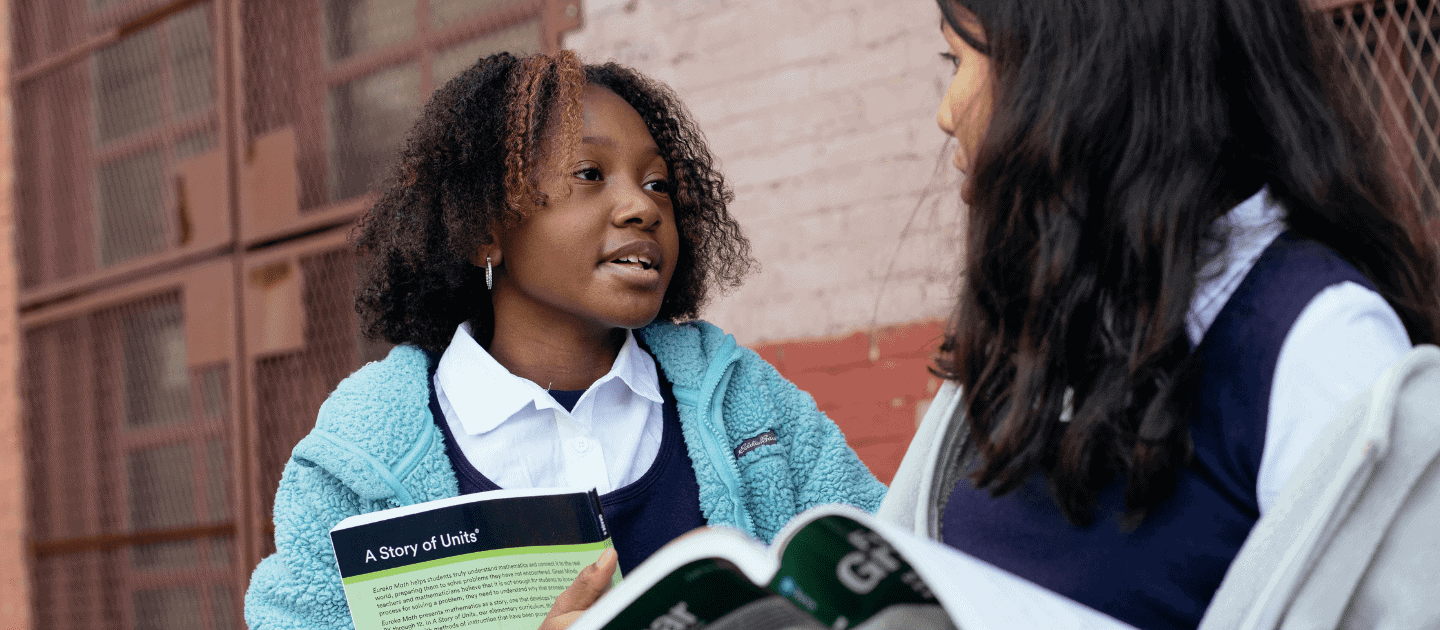How Caregivers Fare in the Transition from Early Intervention to Early Childhood Special Education

This study was conducted to highlight the experiences of caregivers in the transition from Early Intervention to Early Childhood Special Education.
An ecological approach to measuring social inclusion

Ecological Model for Inclusion Meys, Hermans, and Maes (2021) pursued this study in an effort to both test whether an ecological model could be utilized to better articulate the complexity of social relations and social inclusion for individuals with disabilities and to suggest a method for informing interventions better tailored to match the experienced reality […]
Self-Regulation and Early Geometric Skills in Young Learners 

Geometry is an essential topic in mathematics, fundamental to young children’s mathematical learning and development. Results of the current study suggest that fostering self-regulation skills positively impacts the learning of early geometry skills.
Can resilience act as a protective factor against school refusal in bullied autistic youth?

School-wide interventions that reduce bullying can also reduce school attendance problems. Interventions in this area should also be targeted towards autistic youth as they experience a high rate of school refusal linked to the bullying occurring in school settings.
Supports and Services Available to Students with Emotional and Behavioral Disorders During the Pandemic: An Overview of American Schools

Students with emotional and behavioral disorders (EBD) face an increased risk of mental health issues and behavior-related disciplinary action, impacting their academic success.
The Importance of Progress Monitoring

Common training procedures proved effective for training preschool teachers to collect progress monitoring data, an essential skill for teachers, especially those working within the implementation of multi-tiered support systems.
Success Using Self-Determination Theory to Foster Intrinsic Motivation

It can be tempting to implement rewards and punishment in the classroom and educators tend to forget about the importance of intrinsic motivation to foster academic growth and engagement.
Improving writing skills through self-regulation

Vocabulary and grammar instruction alone is not enough to become an expert in writing. Students that use self-regulation strategies exhibit increased writing skills and success.
The Impact of Social and Emotional Learning on Peer Victimization

Social and emotional learning (SEL) should be explicitly taught in schools, especially in secondary schools.
The Long-Term Effects of Interventions on Student Quality of Life: One Year Follow-Up

Studies show that the positive response of a school towards students with learning disorders, beyond academics, has a positive impact on their overall quality of life (QOL) further down the line.
